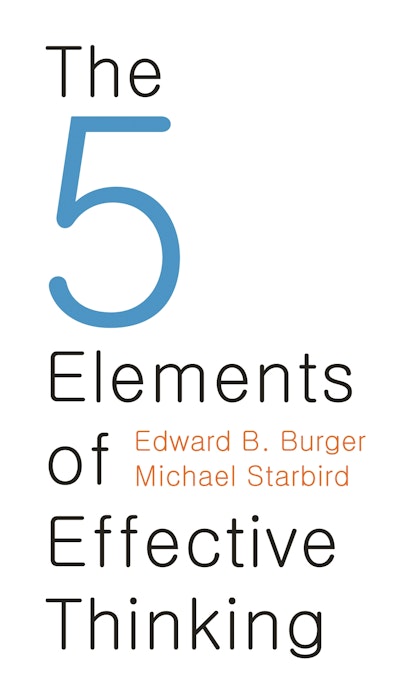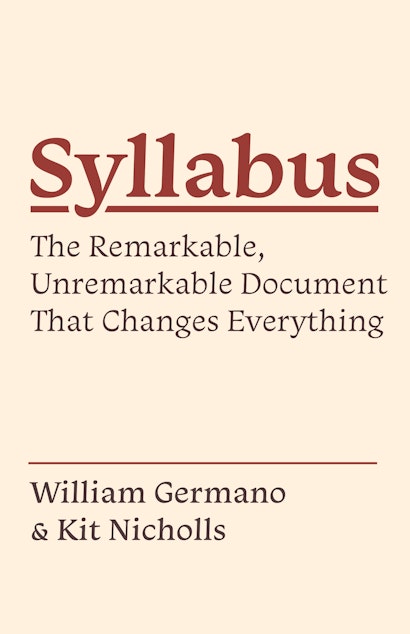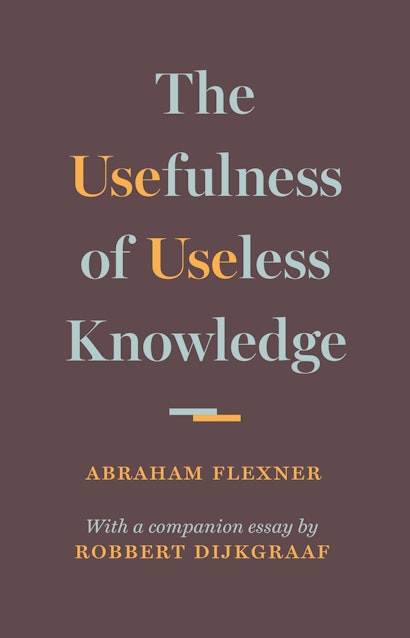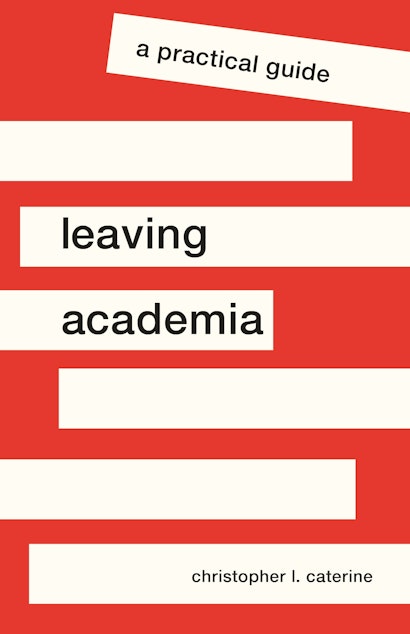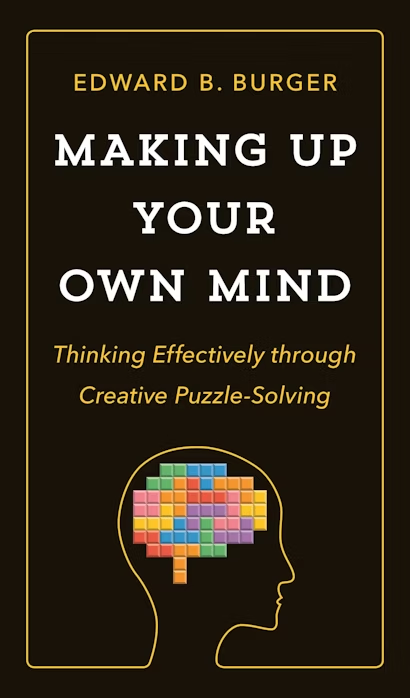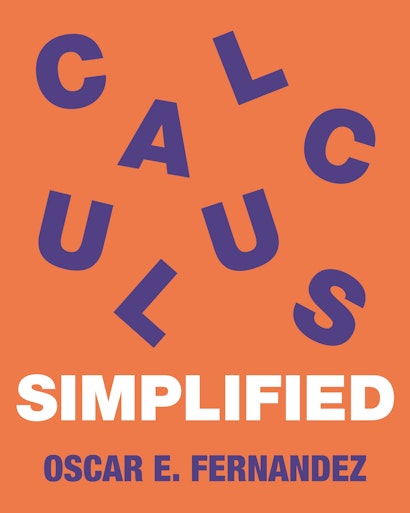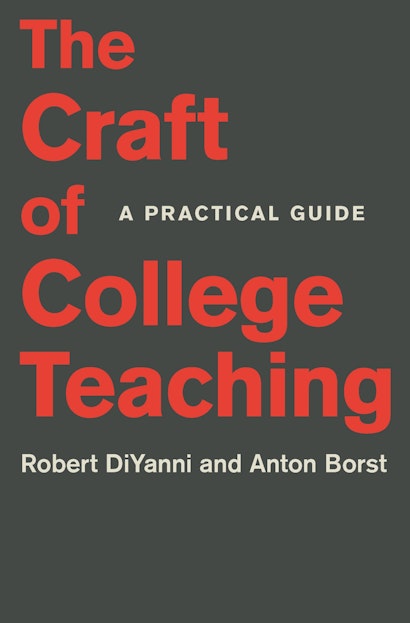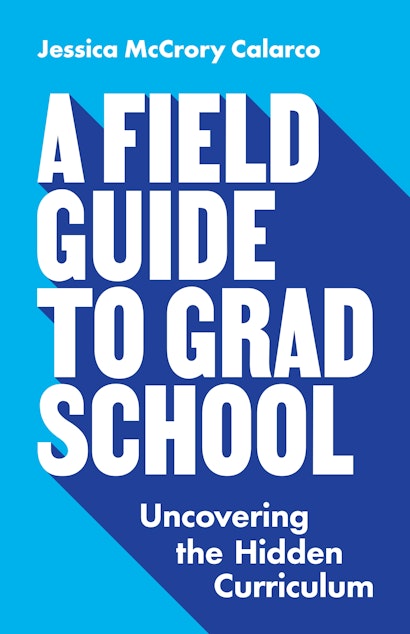The academic year ahead continues to challenge students and administrations to plan—and think—differently. From complex puzzle solving skills, to concrete tips from professors on how to succeed in college, to the importance of mental play, these books offer resources for seeking solutions and processing ambiguities that are relevant in classrooms, both remote and virtual. Inspire resilient learners:
How to Think like Shakespeare offers an enlightening and entertaining guide to the craft of thought—one that demonstrates what we’ve lost in education today, and how we might begin to recover it. In fourteen brief, lively chapters that draw from Shakespeare’s world and works, and from other writers past and present, Scott Newstok distills vital habits of mind that can help you think more deeply, write more effectively, and learn more joyfully, in school or beyond.
The 5 Elements of Effective Thinking presents practical, lively, and inspiring ways for you to become more successful through better thinking. The idea is simple: You can learn how to think far better by adopting specific strategies. Brilliant people aren’t a special breed—they just use their minds differently. By using the straightforward and thought-provoking techniques in The 5 Elements of Effective Thinking, you will regularly find imaginative solutions to difficult challenges, and you will discover new ways of looking at your world and yourself—revealing previously hidden opportunities.
Generations of teachers have built their classes around the course syllabus, a semester-long contract that spells out what each class meeting will focus on (readings, problem sets, case studies, experiments), and what the student has to turn in by a given date. But what does that way of thinking about the syllabus leave out—about our teaching and, more importantly, about our students’ learning? In Syllabus, William Germano and Kit Nicholls take a fresh look at this essential but almost invisible bureaucratic document and use it as a starting point for rethinking what students—and teachers—do.
A forty-year tightening of funding for scientific research has meant that resources are increasingly directed toward applied or practical outcomes, with the intent of creating products of immediate value. In such a scenario, it makes sense to focus on the most identifiable and urgent problems, right? Actually, it doesn’t. In his classic essay “The Usefulness of Useless Knowledge,” Abraham Flexner, the founding director of the Institute for Advanced Study in Princeton and the man who helped bring Albert Einstein to the United States, describes a great paradox of scientific research.
An estimated ninety-three percent of graduate students in the humanities and social sciences won’t get a tenure-track job, yet many still assume that a tenured professorship is the only successful outcome for a PhD. With the academic job market in such crisis, Leaving Academia helps grad students and academics in any scholarly field find satisfying careers beyond higher education.
America’s clock is ticking. Our archaic model of education trains our kids for a world that no longer exists, and accelerating advances in technology are eliminating millions of jobs. But the trailblazing of many American educators gives us reasons for hope. Capturing bold ideas from teachers and classrooms across America, What School Could Be provides a realistic and profoundly optimistic roadmap for creating cultures of innovation and real learning in all our schools.
We solve countless problems—big and small—every day. With so much practice, why do we often have trouble making simple decisions—much less arriving at optimal solutions to important questions? Are we doomed to this muddle—or is there a practical way to learn to think more effectively and creatively? In this enlightening, entertaining, and inspiring book, Edward Burger shows how we can become far better at solving real-world problems by learning creative puzzle-solving skills using simple, effective thinking techniques. Making Up Your Own Mind teaches these techniques—including how to ask good questions, fail and try again, and change your mind—and then helps you practice them with fun verbal and visual puzzles.
Getting into college takes plenty of hard work, but knowing what your professors expect of you once you get there can be even more challenging. Will This Be on the Test? is the essential survival guide for high-school students making the transition to college academics. In this entertaining and informative book, Dana Johnson shares wisdom and wit gleaned from her decades of experience as an award-winning teacher in the freshman classroom—lessons that will continue to serve you long after college graduation.
Calculus is a beautiful subject that most of us learn from professors, textbooks, or supplementary texts. Each of these resources has strengths but also weaknesses. In Calculus Simplified, Oscar Fernandez combines the strengths and omits the weaknesses, resulting in a “Goldilocks approach” to learning calculus: just the right level of detail, the right depth of insights, and the flexibility to customize your calculus adventure.
Blending the latest research with practical techniques that really work, this easy-to-use guide draws on DiYanni and Borst’s experience as professors, faculty consultants, and workshop leaders. Proven in the classroom and the workshop arena, The Craft of College Teaching is an essential resource for new instructors and seasoned pros alike.
Some of the most important things you need to know in order to succeed in graduate school—like how to choose a good advisor, how to get funding for your work, and whether to celebrate or cry when a journal tells you to revise and resubmit an article—won’t be covered in any class. An invaluable resource for every prospective and current grad student in any discipline, A Field Guide to Grad School will save you grief—and help you thrive—in school and beyond.
The rapid spread of social media, smartphones, and other digital wonders enables us to collect and process data about human behavior on a scale never before imaginable, offering entirely new approaches to core questions about social behavior. Bit by Bit is the key to unlocking these powerful methods. In this authoritative and accessible book, Matthew Salganik explains how the digital revolution is transforming the way social scientists observe behavior, ask questions, run experiments, and engage in mass collaborations.


